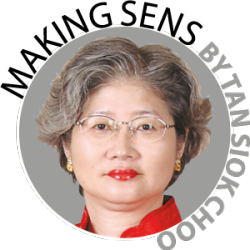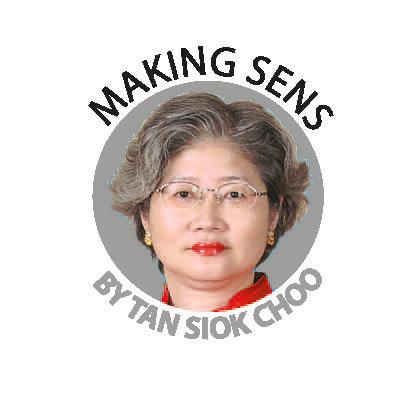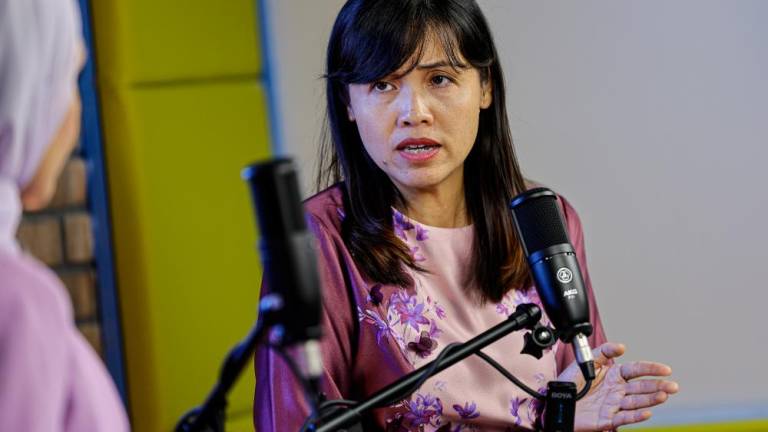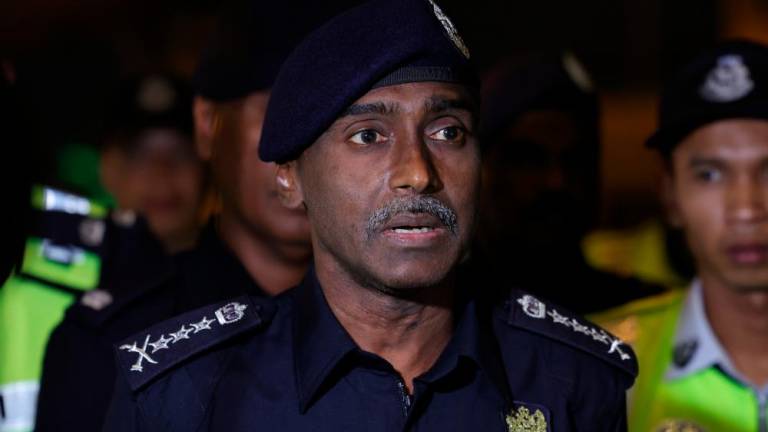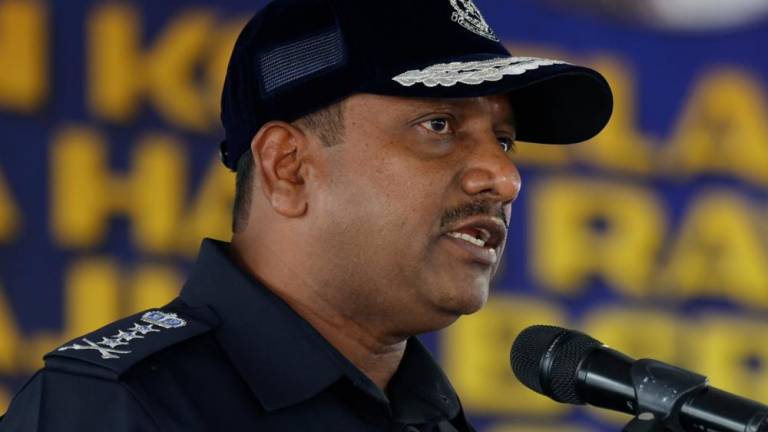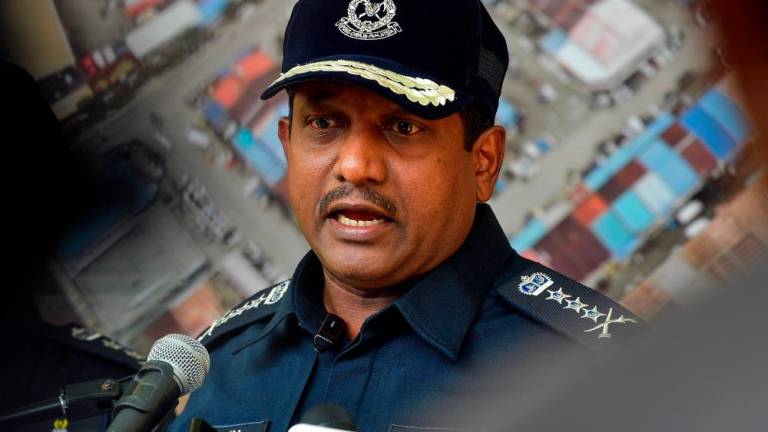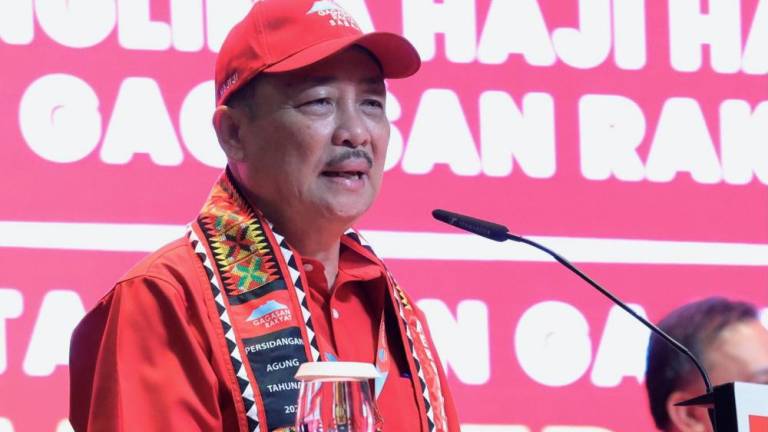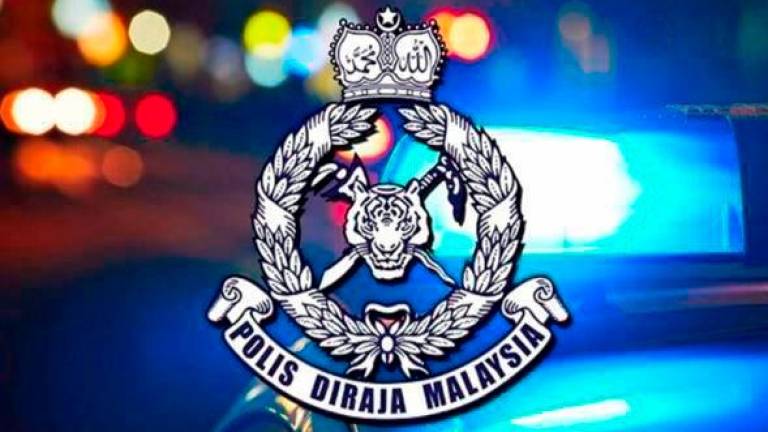DESPITE notable negatives, there are several reasons why I admire Indonesia. First is President Joko Widodo’s intrepid selection of Cabinet ministers. Better known as Jokowi, the former furniture exporter from Solo notable for his lack of pomp – he travels economy class for private plane journeys and is usually dressed in a white shirt with rolled-up sleeves – was named “Asian of the Year 2019” recently by Singapore’s Straits Times newspaper.
It is a fitting accolade for a man whose notable quote is: Dare to try, dare to change.
Breaking the tradition of nominating an academic to head the Culture and Education Ministry, Jokowi appointed Nadiem Makarim, the 35-year-old founder of Gojek, a ride-hailing firm that is Indonesia’s first and biggest unicorn with a valuation exceeding US$10 billion.
Jokowi said Nadiem’s brief is to develop the republic’s human resources that will match education with future industry requirements.
In his first speech as a Cabinet minister, Nadiem told teachers to engage their students in discussion rather than telling them to listen.
When the 2018 OECD Programme for International Student Assessment (PISA) revealed 15-year-old Indonesian students were ranked lower than their counterparts in several Asean countries – 71st in science, 74th in reading and 73rd in mathematics – Nadiem’s reaction was refreshing.
Instead of glossing over the dismal rankings or pointing out the assessment pre-dated his appointment, as several Malaysian counterparts would have done, Nadiem said the results were “valuable input for evaluating and improving the quality of education in Indonesia ... We have to have the courage to change and improve”.
Another noteworthy appointment by Jokowi was naming as minister of state-owned enterprises, Erick Thohir, a newspaper and TV tycoon as well as former owner of Italian football club, Inter Milan.
In an interview, Thohir noted although Indonesia’s 142 state-owned enterprises (SOEs) recorded total income of 210 trillion rupiah (RM62.4 billion) last year, nearly 80% of that figure came from 15 SOEs. He concluded this means most SOEs are “poorly managed”.
Thohir’s most headline-hogging decision was naming Basuki Thahaja Purnama, better known as “Ahok”, as president commissioner of state-owned oil and gas company Pertamina, the country’s biggest and richest SOE.
Thohir’s decision attracted much criticism. A Chinese Indonesian Catholic, Ahok has no experience in oil and gas, critics said. Additionally, Ahok was previously governor of Jakarta – succeeding Jokowi when the latter was elected president – who was convicted and jailed two years for blasphemy.
Another praiseworthy Jokowi trait is announcing specific performance targets instead of making extravagant promises. To reduce red tape, Jokowi recently ordered the current four top tiers in government agencies to be flattened to two tiers by next year and to be replaced with artificial intelligence.
Jokowi also directed all business licensing to be housed under the Investment Coordinating Board which will be tasked to improve Indonesia’s ranking in the World Bank’s Ease of Doing Business to a position between 40th and 50th by 2021.
Second, reading Jakarta Post is a delight. Instead of apple-polishing articles about government initiatives, it is refreshingly honest. In a reaction to Ahok’s appointment, Jakarta Post interviewed Energy Watch Indonesia researcher Mamit Setiawan who said it will be “difficult for (Ahok) to eradicate the oil and gas mafia”.
“The so-called ‘oil and gas mafia’ is a catchall phrase for corrupt business people in the domestic industry. Pertamina employees have often been accused of allegedly being involved with such business people,” the Jakarta Post wrote.
Third is Garuda’s remarkable transformation that MAS should study and emulate – from a loss-making airline with serious safety issues that resulted in a 2007 ban from flying to the US and the European Union to winning multiple awards including “World’s Best Economy Class 2013” and “World’s Most Improved Airline 2016”.
Fourth is Indonesia’s pride in its Buddhist and Hindu architecture and pre-Islamic history. Two outstanding 9th century Unesco-designated heritage sites in Yogjakarta are Borobudur, a Buddhist temple, and Prambanan, a Hindu temple.
Equally admirable is naming the national airline Garuda – a man-bird from Hindu mythology – while continually promoting Hindu-populated Bali as Indonesia’s foremost tourist destination.
Admittedly, there are some aspects of Indonesia that I dislike. Foremost is Jakarta’s legendary traffic jams. What I find remarkable is the patience of the city’s drivers and few road-rage fistfights.
Another peeve is Jakarta-centric domestic flights. Why can’t I fly from Banjarmasin in Kalimantan to Makassar in Sulawesi without transiting usually through Jakarta?
A major disappointment is the recent legislative changes governing the Magsaysay-award winning anti-corruption agency known as KPK generated tremendous concern and sparked widespread protests. These amendments include setting up an organisation to supervise KPK which will determine whether wiretaps will be allowed.
KPK’s imbroglio suggests success is a continuum requiring constant vigilance and persistence.
Opinions expressed in this article are the personal views of the writer and should not be attributed to any organisation she is connected with. She can be contacted at siokchoo@thesundaily.com



